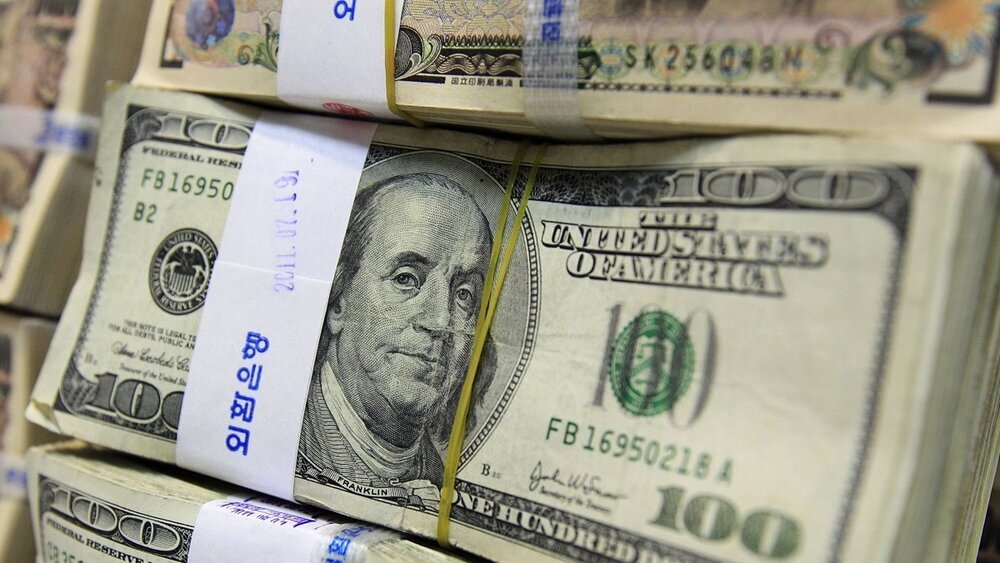Path is cleared to transfer $6bn in Iranian assets

TEHRAN- The administration of President Joe Biden has given foreign banks a general waiver that allows them to move $6 billion of frozen Iranian assets from South Korea to Qatar without worrying about Washington’s sanctions.
The Biden administration has also agreed to free five Iranian nationals detained in the United States, according to a report that was made public early on Tuesday.
A month after U.S. and Iranian officials declared an agreement in principle, American Secretary of State Antony Blinken approved the sanctions exemptions.
With the waiver, banks in Europe, West Asia, and Asia could convert blocked Iranian funds in South Korea into cash that can be transferred to Qatar’s central bank and used by Tehran to buy non-sanctioned commodities without breaking U.S. sanctions.
Numerous European nations were unwilling to participate in the transfer as a result of numerous U.S. sanctions.
Blinken’s waiver, which is applicable to banks and other financial institutions in South Korea, Germany, Ireland, Qatar, and Switzerland, aims to allay their fears about any potential danger of U.S. penalties.
The waiver, according to U.S. media, is part of a larger agreement between the two nations that also calls for an exchange of detainees between Washington and Tehran.
In exchange for the transfer of the funds and the release of five Iranians arrested in the U.S., they said, five American detainees held in Iran will be permitted to go.
However, top Iranian authorities have repeatedly underlined that there is no relationship between the release of Iran’s assets and the prisoner swap.
“The exchange of prisoners is a completely humanitarian issue and has nothing to do with unblocking our funds in foreign banks,” Iranian Foreign Minister Hossein Amir Abdollahian said in August.
He said the deal negotiated between Tehran and Washington, mediated by a third country, addresses two distinct issues: the exchange of detainees and the unfreezing of Iranian assets unjustly frozen overseas under the guise of U.S. sanctions.
Last week, Iran’s top human rights official, also said the exchange of inmates has nothing to do with the unfreezing of Iranian assets.
Kazem Gharibabadi, secretary of Iran’s High Council for Human Rights, said the rumor that Iran has consented to the release of American inmates in exchange for access to its assets is fundamentally wrong.
He made the point that only because Iran supports its compatriots who have been imprisoned in the U.S. on false allegations the Islamic Republic initiated discussions with the American side over the exchange of detainees.
On Monday, Iranian Foreign Ministry spokesman Nasser Kanaani also emphasized once more that the prisoner swap arrangement with the U.S. had nothing to do with the release of the funds.
“Considering the humanitarian nature of the issue, we are ready to implement the prisoner swap deal,” he declared, pointing out that it could have happened a long time ago if the American side had cooperated and had not made it dependent on other issues, like the nuclear deal, which the U.S. unilaterally ended in May 2018 despite Iran’s full and strict compliance.
Kanaani went on to say, “Based on the reached agreement, we are optimistic that the exchange of prisoners will happen soon.”
